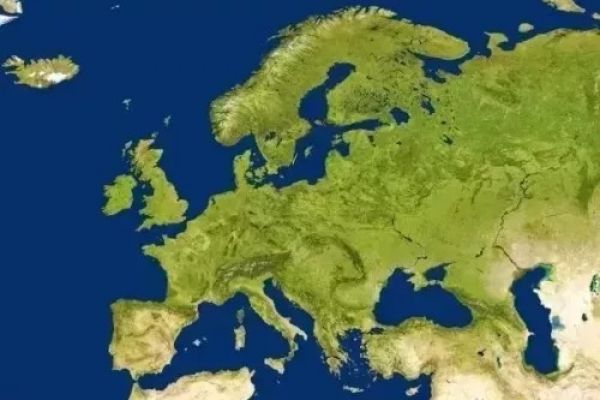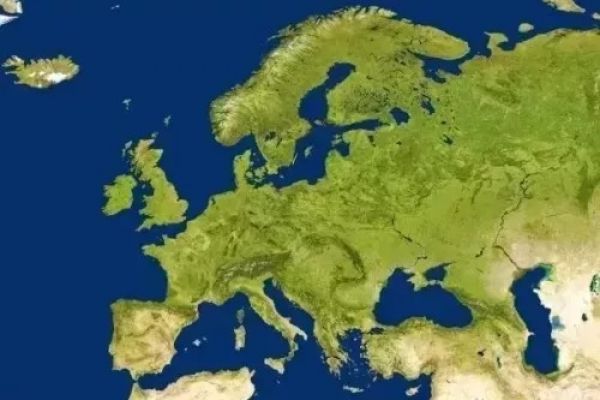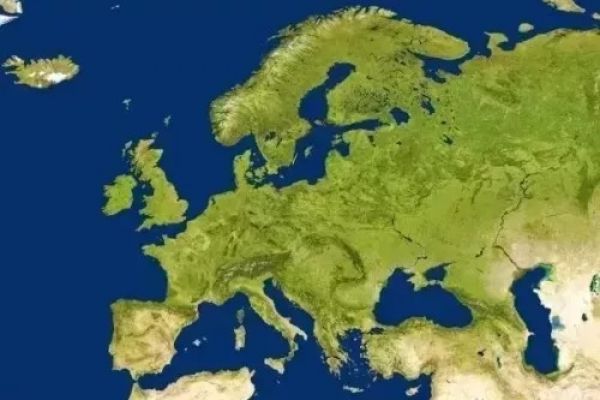EU tourism recorded a strong increase in the first half of 2023, with 1.2 billion nights spent in tourist accommodation within the EU, according to Eurostat.
This represents an 11 million-night increase and accounts for 0.9% growth, compared to the same period in 2019, and a 12.9% rise, compared to 2022.
Second Quarter
Eurostat also noted that the second quarter of 2023 saw a strong resurgence, surpassing the second quarter of 2019, with an additional 13.3 million nights, constituting a 1.8% increase.
The figures show that this was particularly strong in the Netherlands, with a growth rate of 17.6%, followed by Portugal (9.2%), France (5.2%), Belgium and Croatia (both 4.3%).
Industry Recovery
In the first half of 2023, EU tourism – measured by nights spent in tourist accommodation – reached 1.2 billion nights.
Eurostat noted that Spain, Germany, France, Greece and the Netherlands were the key contributors to this substantial increase.
The Netherlands, Portugal, France, Belgium and Croatia led the way, in terms of the industry’s overall recovery.
Outgoing Tourism
With the exception of Hungary, Slovenia and Sweden, all EU member states reported an increase in outgoing tourism in 2023, compared to 2022.
Cyprus, Romania and Malta recorded the highest increases, however, nights spent by foreign visitors in tourist accommodation were still 1.4% below the pre-pandemic levels of the second quarter of 2019.
Travel Patterns
Eurostat has noted that shifts in travel patterns have emerged, particularly in terms of accommodation preferences and booking methods.
In 2023, tourists exhibited a preference for hotels (63.3%), followed by holiday and other short-stay accommodation (22.9%) and campsites (7.6%).
While hotels experienced a decline and remain just below 2019 levels, other accommodation types surpassed this threshold, with holiday rental bookings increasing by 7.4% and campsite stays by 12.6%.
Domestic Tourism
The research also found that domestic tourism emerged as the driving force behind the overall increase in EU tourism, accounting for 767.4 million nights spent in tourist accommodation during the second quarter of 2023.
Germany and France recorded the most significant increases in domestic travel, however, Eurostat noted that a much-reinvigorated international (cross-border) tourism sector played a vital role in boosting European tourism numbers, producing a 22.5% upswing in nights spent abroad within the EU, compared to 2022.
Looking Ahead
By the second quarter of 2023, cross-border tourism saw a 13.5% rise, although it remains at 2.0% below the levels of the first half of 2019.
Nevertheless, Eurostat noted that the third quarter of 2023 – the high-summer season – is expected to bring about an overall increase, as it marks the first European summer without pandemic restrictions in any EU member states.








